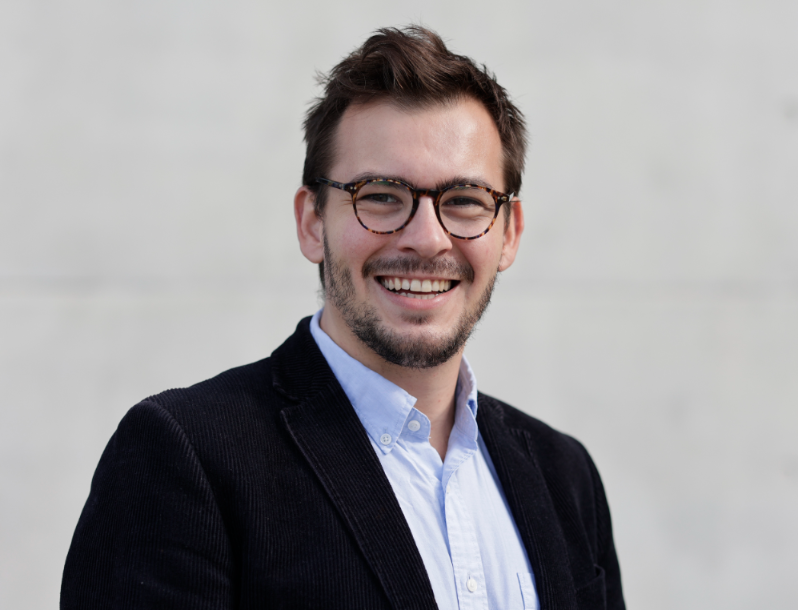 Sam Williams
Sam Williams
I chose to study at the EI because I wanted to gain in-depth knowledge of EU policymaking. By then, I had obtained a BA in international relations with a year in Istanbul, Turkey; here I researched EU-Turkey energy relations at length, which was also the topic of my Bachelor thesis. I had also completed an internship at the EU Delegation to the UK, and at a Brussels-based consultancy. At the EI I had the chance to further develop my interests with outstanding and inspiring academics, giving me the possibility to gain a very thorough understanding of EU policymaking, and cultivate my personal curiosities in European politics through art. I graduated with a dissertation on post Brexit climate relations between the EU and the UK.
I continued my career completing another Masters in EU Diplomacy at the College of Europe, where I very easily leveraged the knowledge I had gained at the LSE, which allowed me to swiftly grasp the concepts and logics of many subjects. In 2022, after a brief placement at the Energy Community Secretariat, I opened the Brussels office of the Berlin-based think tank EPICO Climate & Innovation (the Energy and Climate Policy and Innovation Council), where I am currently EU Policy Manager with a team of four.
My role involves researching and advising policymakers and stakeholders on EU energy and climate policy. More specifically, EPICO adopts a socio-ecological and market perspective to create and adapt new policy instruments to ease the EU’s decarbonisation and boost Europe’s energy resilience. Beyond decarbonising classic hard-to-abate industry, we look at how to scale cleantech, international climate and energy relations (for example by developing the climate club, or designing tomorrow’s green hydrogen partnerships), and how to adapt the current electricity market design to the intermittent nature of renewables.
I am very proud of the friendships and the network I built during my time at the EI, which I gladly continue to cultivate weekly. The level of academic depth and critical analysis that the EI gave me are an essential basis to my everyday work. Whether in class, at the library, at the LSE chess club, or on Zoom, the discussions that filled my days are all key lessons that help me have a better analytical understanding of EU energy and climate policy.